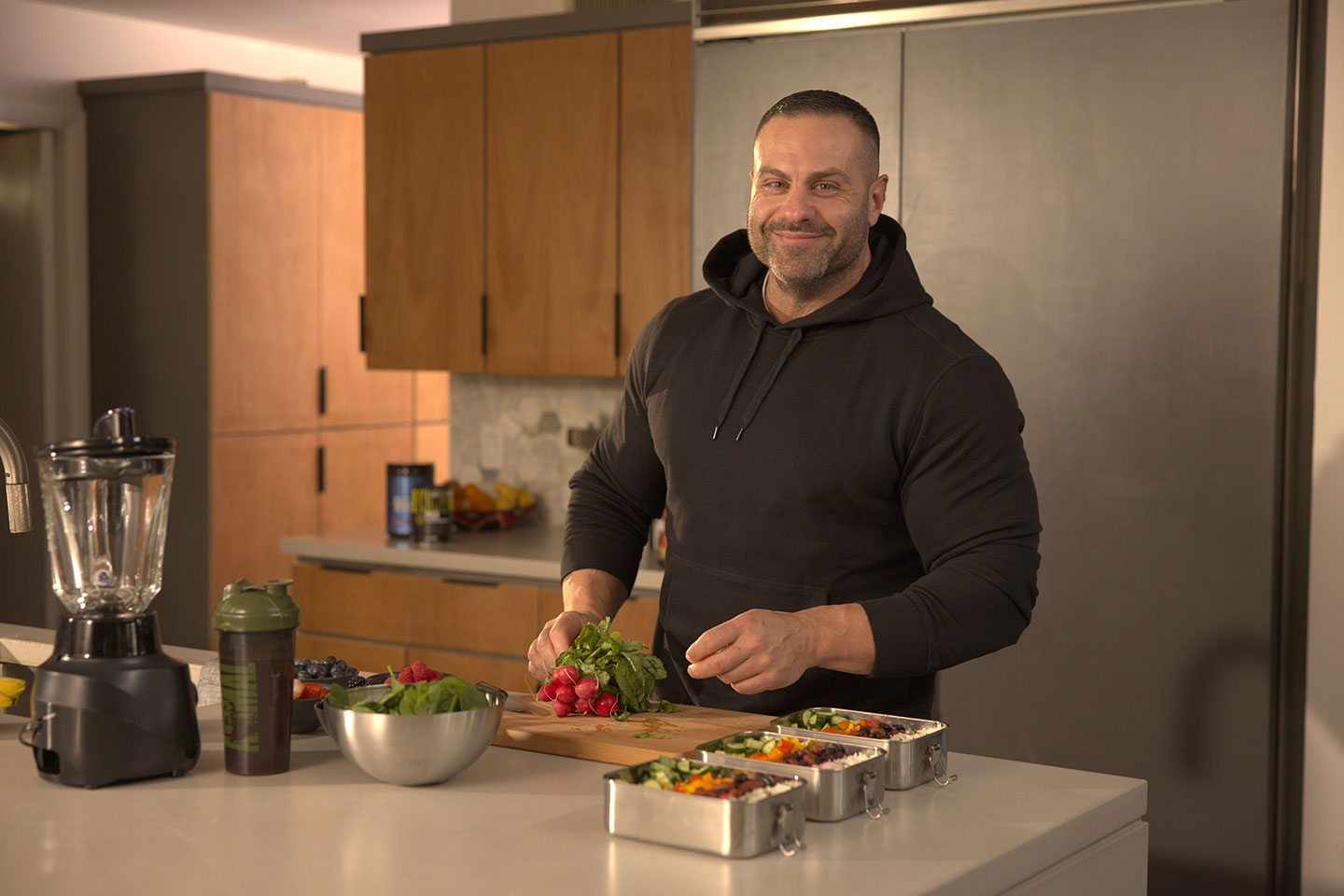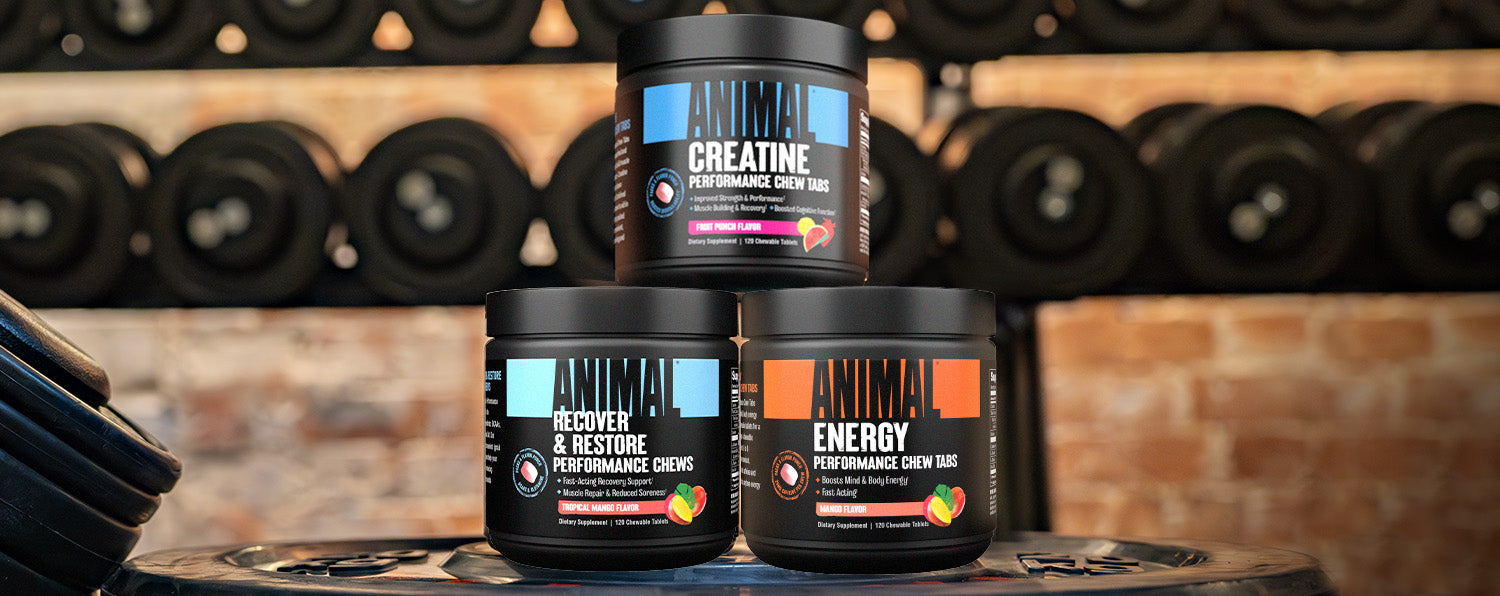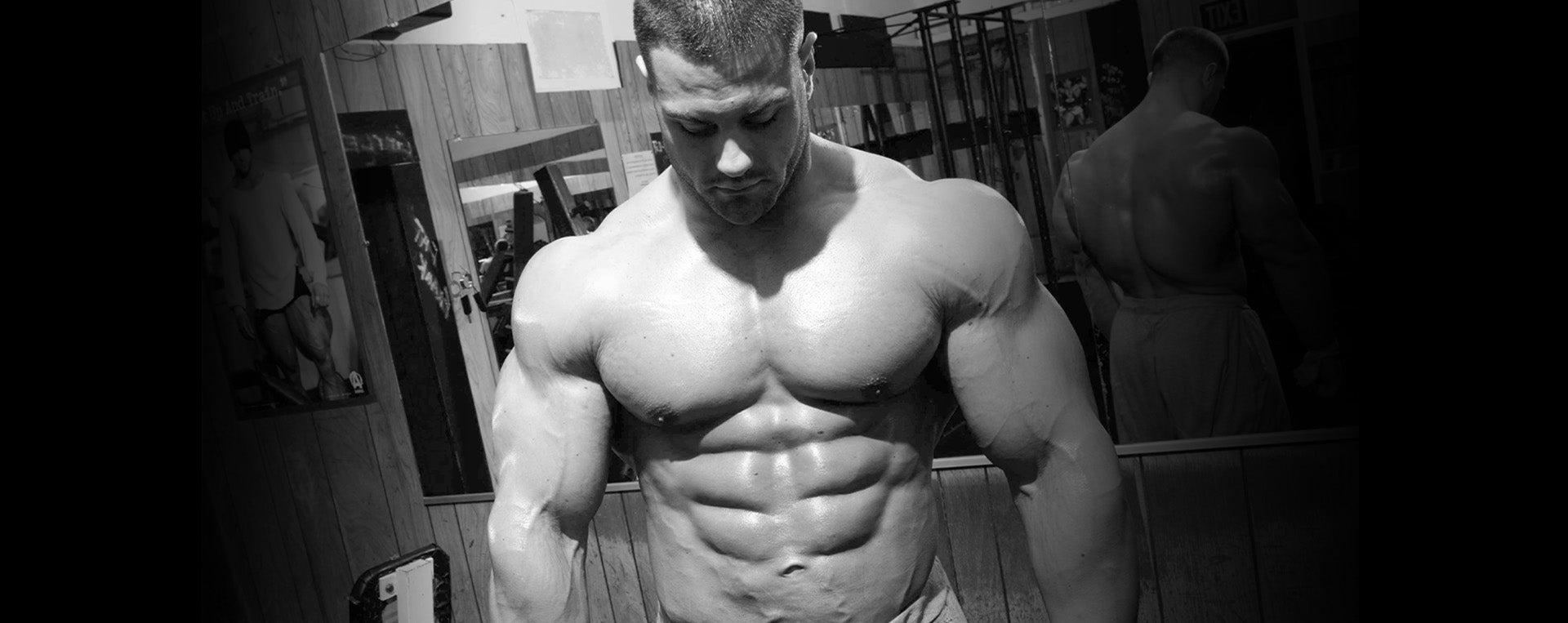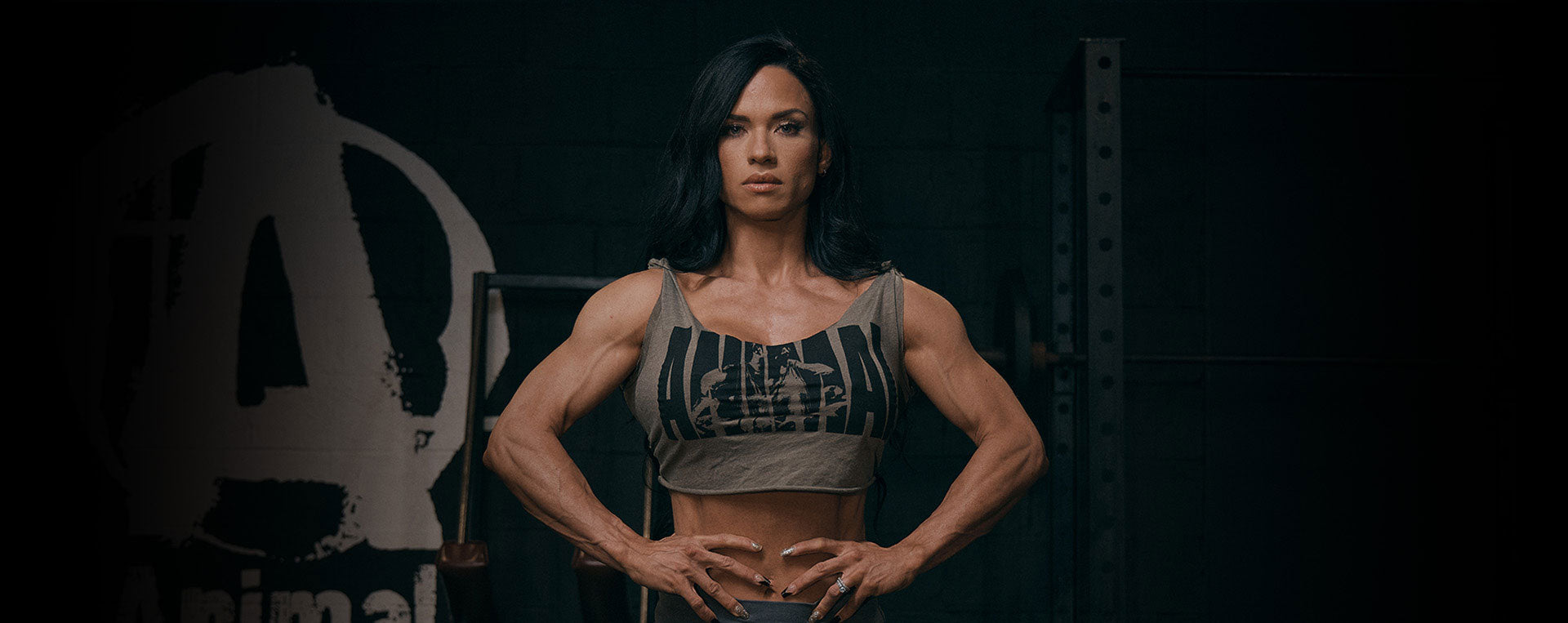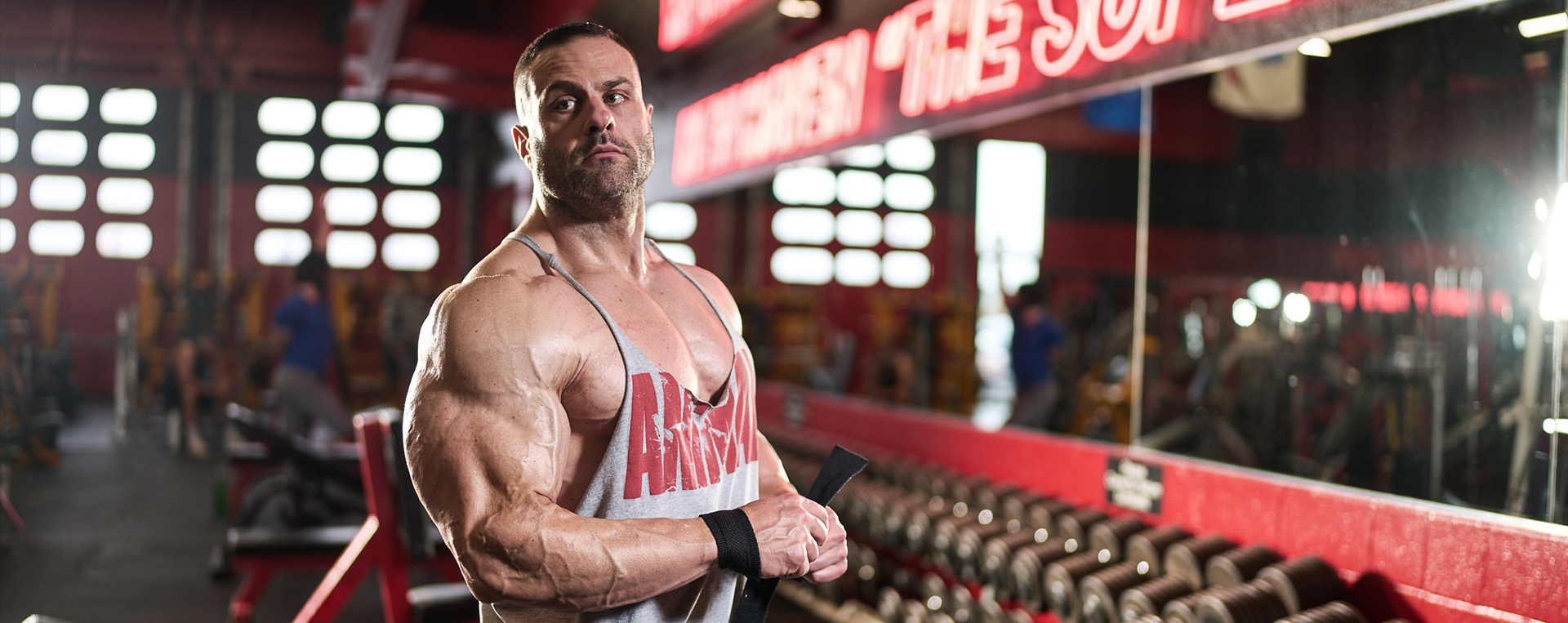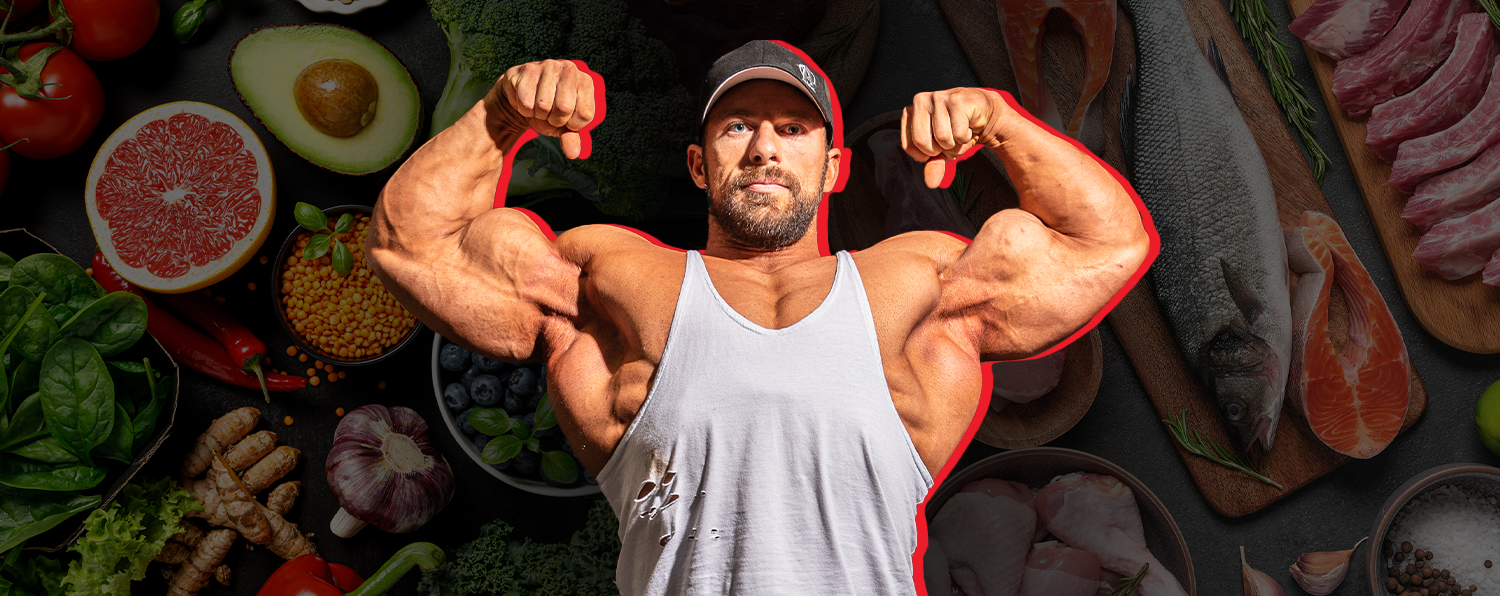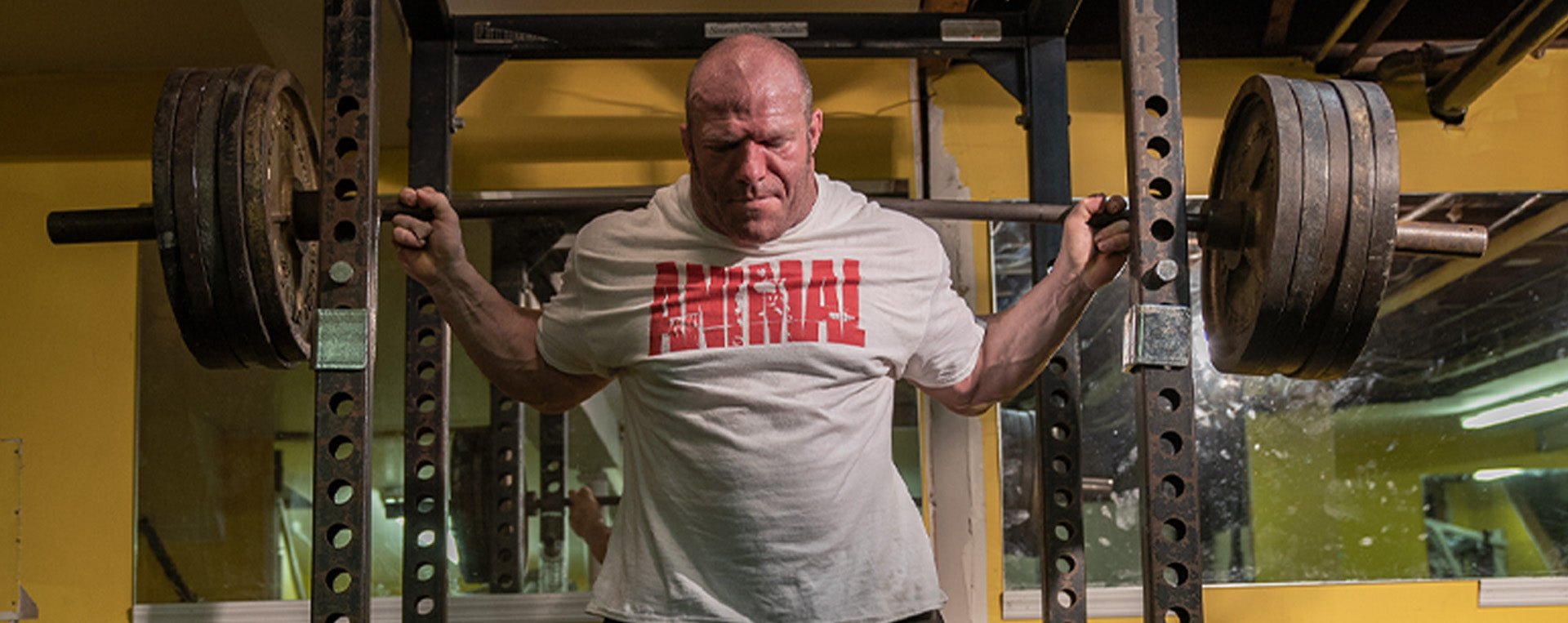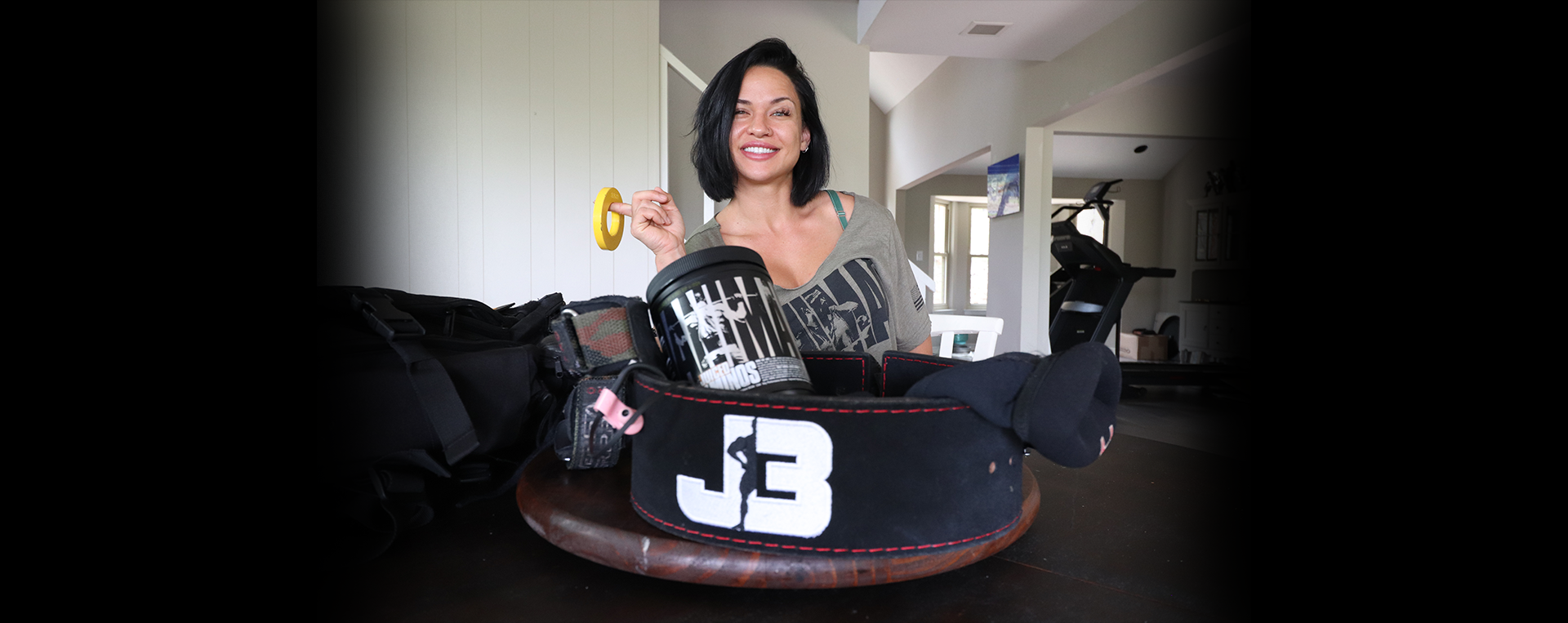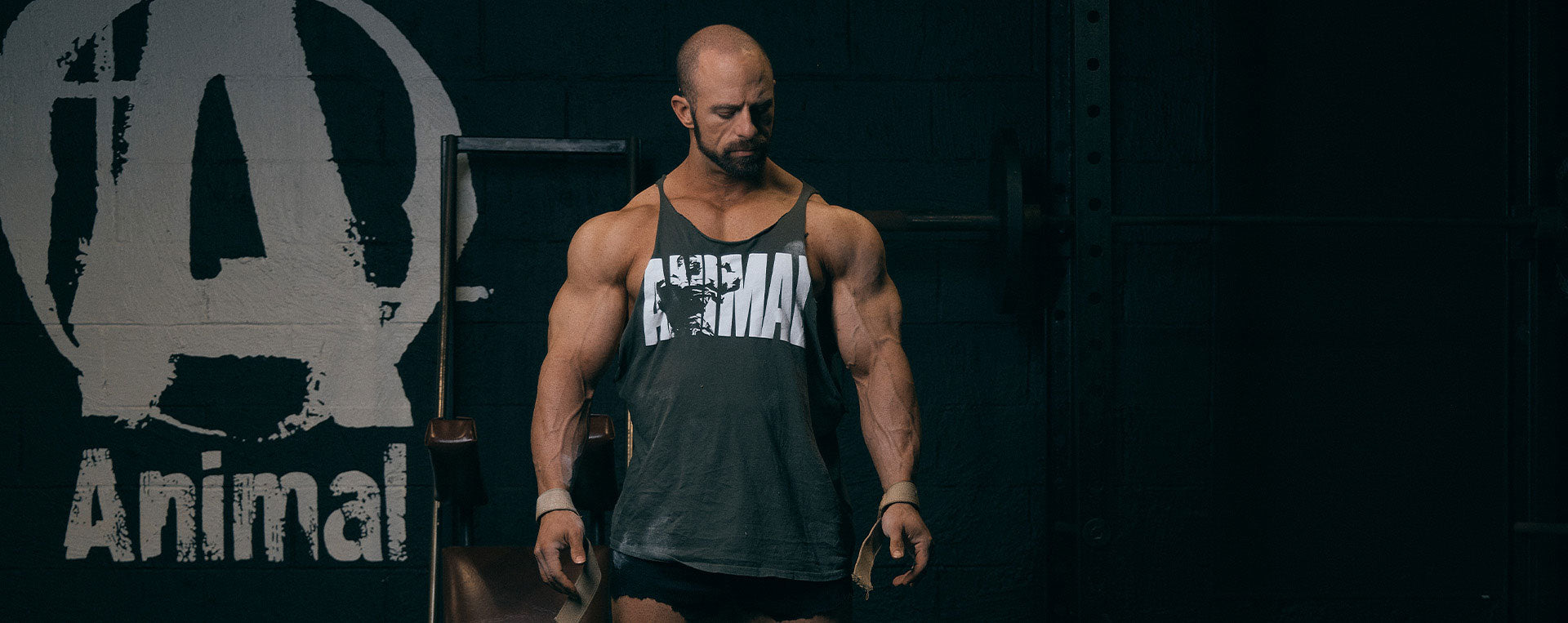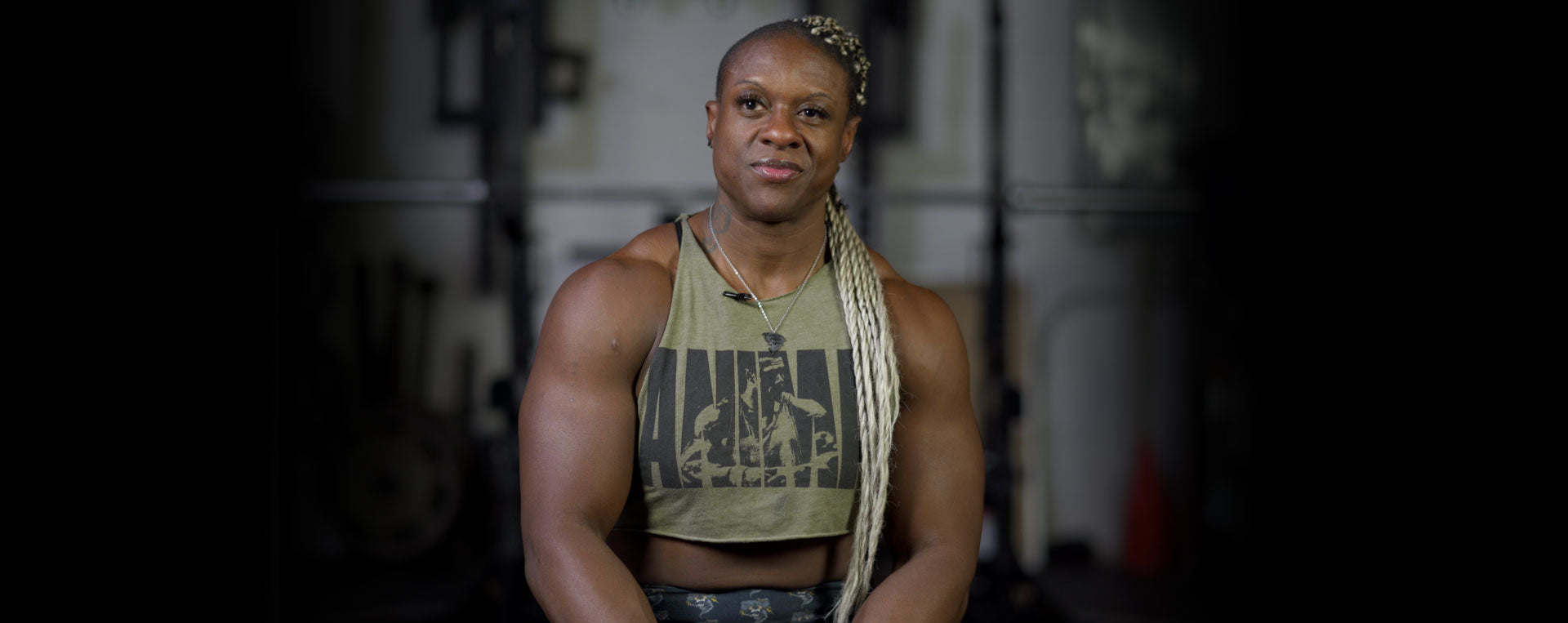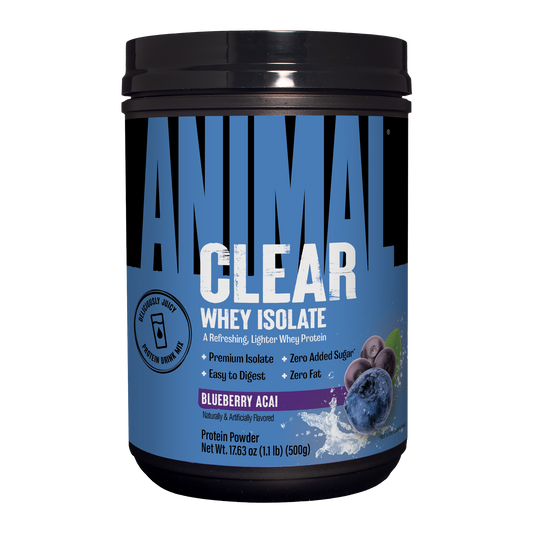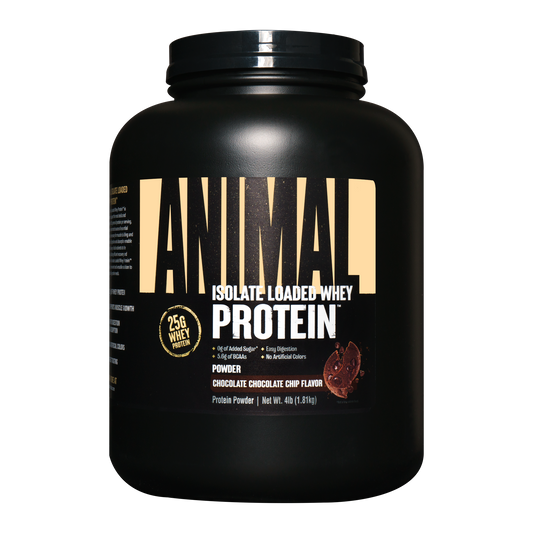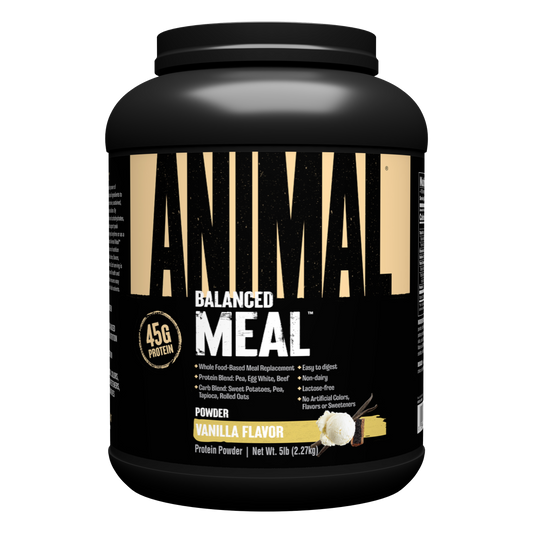First, let’s talk training. The gyms are closed. This is the first time any of us have seen that happen so I don’t think anyone could have reasonably expected that. Admittedly, I lucked out because I put together a small but fairly adequate home gym in early 2019. While it’s a far and distant cry from a full-scale commercial gym, having a power rack, a barbell, a bench, and a set of dumbbells allows me to train any and all body parts. If you have the space for a power rack, look for a used one, make one yourself if you’re handy, or have a fabricator put one together for you. Now would actually be the ideal time to have a few basic pieces made since many people are currently looking for work. Not only can you get it done quickly, but you should be able to get it done at a good price. Scrounging up some plates, a bar, and a bench using online classifieds such as Craigslist or Facebook Marketplace shouldn’t be all that hard. This would no doubt be an investment, but weights and bars and benches and racks don’t go bad over time. Unless you buy total junk or overspend, there’s a good chance that you can eventually resell your used equipment for close to or at the same price.
Some of you may lack the space or the finances to do this and that’s fine too. There’s an almost endless supply of top-notch guys in the industry who have gone through the trouble of making videos showing different ways to use bodyweight, bands, and even household items for training at home. If you can’t do that for whatever reason or you’re simply opposed to it and you don’t have anything coming up that requires you to be in top shape, maybe you should take some time off. There’s nothing wrong with giving your body time to heal up; some of you have been hammering away for years on end and I’m sure your joints would appreciate the reprieve. At the end of the day, unless your livelihood depends on it, adjusted or even missed training isn’t the end of the world. If you do depend on training for your livelihood, this could be a reminder of the value of self-reliance and the importance of having a backup plan.
When it comes to food, we’ve been lucky that we could always expect to find whatever we wanted—and plenty of it—whenever and wherever we were. Shortages were uncommon. Now, public fear has unfortunately led to a good deal of panic buying and some hoarding. As a result, we can see some empty shelves and empty meat cases in the stores. Is food still available? Of course. Is anyone at risk of dying because the stores don’t have enough food? Certainly not. The worst-case scenario is that there is a depleted supply of our usual high-consumption products. For bodybuilders, in particular, many stores have been either very low or altogether out of chicken. Is this the end of the world? Hardly. Eat beef, eat more eggs, have some pork, or enjoy some fish. No problem.
Here are two suggestions. First, include eggs more often in your diet. Eggs are one of the best whole foods for bodybuilders and they have remained widely available during the pandemic. Second, if you have a meal replacement product or protein powder that you enjoy, order a little extra. You can use these products to supplement your whole food intake and therefore reduce your need for meats, especially if they should become harder to find. These products do not require refrigeration, so they will not take up valuable real estate in your freezer or fridge. Even the most staunch whole food diet supporter like me can see the utility of these products to help you hit your nutritional needs when you have reduced access to whole food. I always advocate for whole food, but I also always keep a stock of Animal Meal on hand. For someone who eats 6 meals each day, having 2 meals based on eggs and 2 based on a high-quality meal replacement powder would mean only needing 2 meals containing meat. It’s definitely something to consider. Another thing to consider is food storage and preservation. A chest freezer, if you have the room, is a fairly cheap investment. When you add a run-of-the-mill vacuum sealer, you can easily cook, vacuum seal, and freeze several weeks of food.
Ultimately, we have to make the most of what’s available to us whenever we deal with limitations or scarcity. We have to do our best to adapt. The key is to think ahead. We should always think toward the future, even in good times. The COVID-19 outbreak has revealed our need, as individuals and as a nation, to be prepared and as self-reliant as possible. We have seen businesses shut down, our healthcare system overtaxed, foods and household supplies sell out, and various other examples of just how quickly and easily our system can become overwhelmed. I am sure that we will get through this—get back to work, get back to the gym, and get back to our lives as usual—and we will emerge stronger and more capable of weathering any future crisis.








